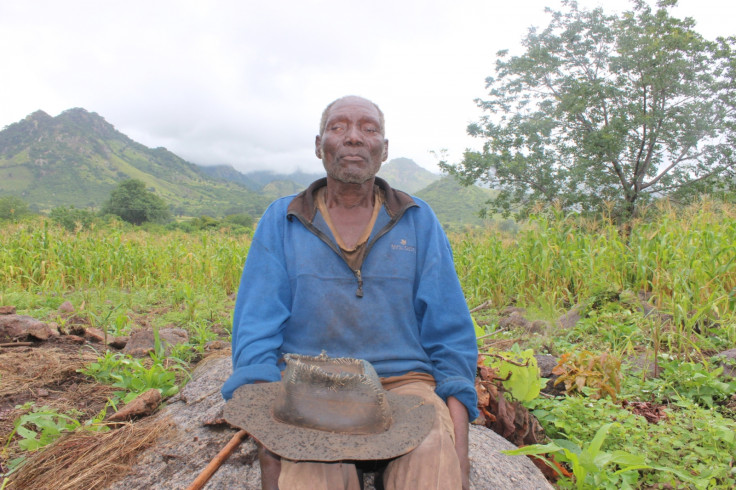How drought-resistant seeds are giving hope to farmers in hunger-stricken Mozambique
IBTimes UK visits Tete province, where communities have been impacted by El Nino-linked drought.
When impoverished communities who live on agricultural practices are hit by lack of rains and floods, death becomes an imminent threat. This is what millions of people across several countries in Africa are facing right now, as governments and humanitarian organisations call for urgent funds to prevent famine-like "catastrophes".
In Mozambique – one of Africa's poorest countries – nearly two million people are going hungry due to a devastating drought that has been linked to the El Nino phenomenon, the warming of the Pacific Ocean.
Humanitarian organisations on the ground have been assisting communities by distributing foods, providing access to clean water and conducting malnutrition-screening services. However, further measures can be taken to limit the effects of lack of food.
World Vision, one of the charities helping local communities cope with the drought, is distributing drought-resistant seeds – millet, peanut, sorghum and beans – to farmers.
The project, funded by the UK government, has reached almost 9,000 households across the country. Beneficiaries include disabled people, widows, the elderly and orphans.
"We gave people seeds, but we also found it was necessary to teach them how to treat seeds and store them for future harvesting," Castro Lodesfranque, agriculture expert at World Vision Mozambique, told IBTimes UK.
"So we are training beneficiaries in four areas: conservation of seeds, conservation of agriculture, harvesting and collecting water. Beneficiaries have to learn how to select the best plants for future harvesting, because we are not going to distribute seeds next season."
Herbati Chereni is one of the farmers who received the drought-resistant seeds in Tete province. He looks after four grandchildren as his children have moved to nearby cities to "escape hunger" and seek jobs.
Chereni is grateful for World Vision's help and said the new techniques he learned were yielding better results. However, he is still worried he will not be able to feed his family as he fears this year's harvest will be poor.
"Some of the maize has not grown due to lack of rains, and I know I am not going to have a good harvest this year. We need food for the time being," he told IBTimes UK.

Castro explained the seed distribution project has been successful so far, but added that more time was needed to reach more people and educate them on conservation practices that could potentially safe lives and limit the damage of the drought.
IBTimes UK coverage of drought in Mozambique
"Mozambique is very big and the population lacks knowledge of agriculture practices," he said. "If we could have a one-year project to educate and mobilise these people, they will gather all the knowledge needed so that they can harvest and feed themselves and even have a surplus they can sell and have money to, for example, buy uniforms and books for their children to go to school."
The UK government has spent around £59m on Mozambique aid in the past year, and also provided £32m for the drought fightback in the country to buy emergency life-saving food, water and shelter in the drought-affected communities.
Speaking about the drought-resistant seed project, a spokesperson for the Department for International Development (DfID) said: "This helps build vulnerable people's resilience to the effects of drought and builds their independence through sustainable farming."
IBTimes UK travelled to Mozambique courtesy of World Vision UK. Click here for more information about the charity's work in Mozambique.
© Copyright IBTimes 2025. All rights reserved.





















